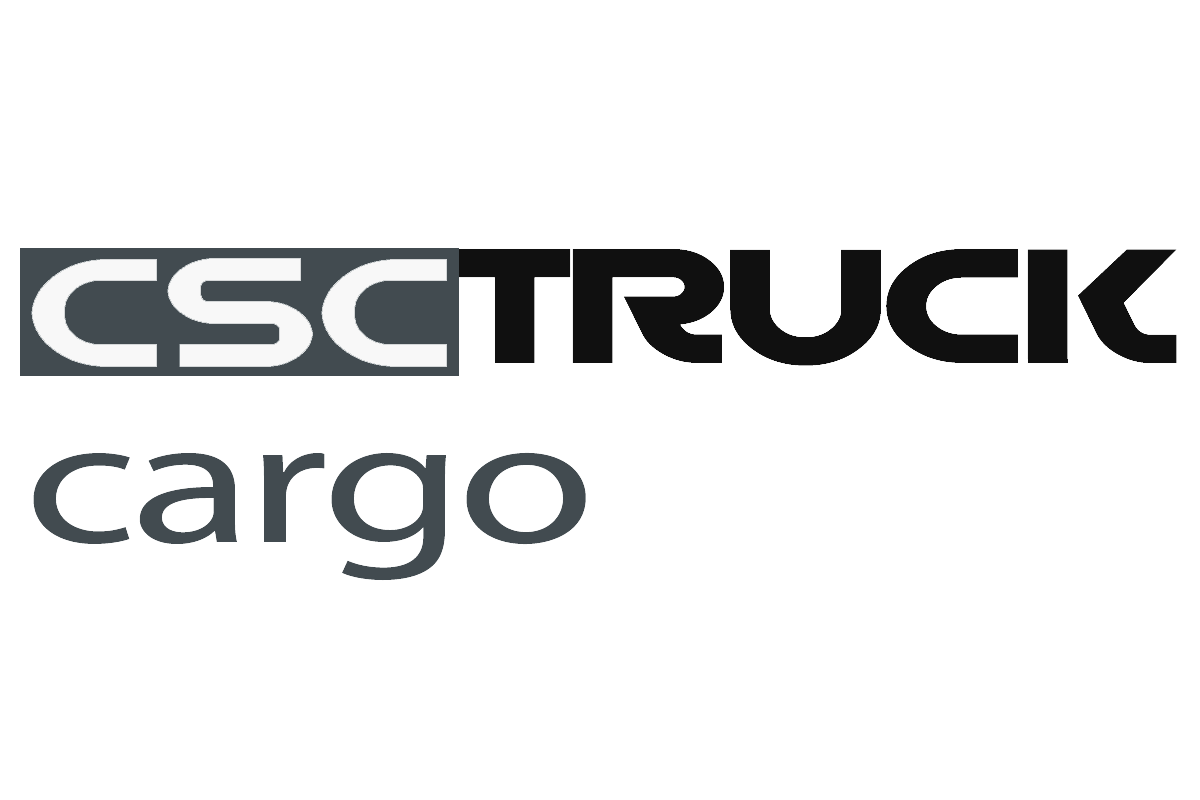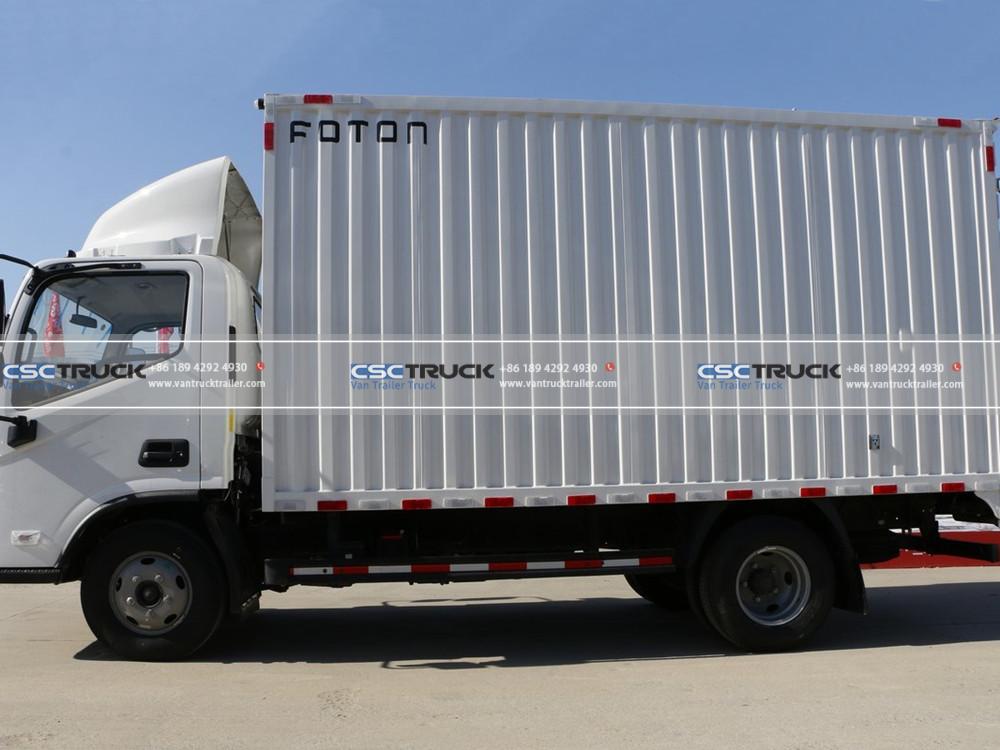In the ever-evolving landscape of global logistics and supply chain management, innovation continues to drive efficiency, sustainability, and scalability. Nowhere is this more evident than in the deployment of Solar-Refrigerated & Dry Van Hybrid Trucks across the Pan-African trade lanes. These advanced hybrid transport units represent a groundbreaking fusion of cold chain technology, solar energy, and versatile cargo transportation. Designed to address the continent’s unique logistical challenges, these trucks are redefining how goods—especially perishables—are moved across Africa’s vast and often underdeveloped transport networks.
This blog explores the transformative potential of these hybrid trucks in enhancing trade across Africa, the technological innovations behind them, and their broader implications for economic development, environmental sustainability, and food security.
1. The Pan-African Trade Challenge
Africa’s intra-continental trade has long been hampered by a combination of factors: poor infrastructure, unreliable supply, and fragmented markets. According to the African Development Bank, only about 15% of African countries’ exports are traded within the continent—a stark contrast to Europe (67%) and Asia (58%). One of the critical barriers to increasing this figure is the lack of efficient, cost-effective, and sustainable transport solutions, especially for temperature-sensitive goods such as fruits, vegetables, dairy, and pharmaceuticals.
Enter the Solar-Refrigerated & Dry Van Hybrid Truck—a dual-purpose vehicle that combines a refrigerated compartment with a dry cargo bay, all powered by solar energy. This innovation addresses multiple pain points at once: it reduces dependency on diesel, enables the transport of perishables over long distances, and maximizes cargo utilization.
2. The Technology Behind the Hybrid Truck
At the heart of this innovation lies a smart integration of solar photovoltaic systems, energy-efficient refrigeration units, and modular cargo compartments. Here’s how it works:
- Solar Power System: High-efficiency solar panels are installed on the roof of the truck, which charge onboard lithium-ion batteries. These batteries power the refrigeration unit independently of the engine, allowing for continuous cooling even when the truck is stationary.
- Refrigerated and Dry Van Compartments: The truck is divided into two sections: a temperature-controlled refrigerated unit (for perishables) and a dry van unit (for non-perishable goods). This dual functionality allows for efficient use of space and reduces the need for multiple vehicles.
- Smart Monitoring and IoT Integration: Many of these trucks include real-time GPS tracking, temperature monitoring, and remote diagnostics via IoT platforms. This ensures cargo integrity and enables predictive maintenance.
By combining these technologies, the hybrid truck offers a reliable, eco-friendly, and cost-effective solution tailored to the African context.
3. Economic Impact: Boosting Intra-African Trade
The deployment of these hybrid trucks along Pan-African trade routes has the potential to catalyze economic growth in several ways:
- Reduced Post-Harvest Losses: In countries where up to 40% of fruits and vegetables are lost due to spoilage, solar refrigerated transport can significantly reduce waste and increase farmer incomes.
- Market Access for Rural Producers: Farmers and small-scale producers in remote areas can now access urban and international markets, thanks to the ability to transport fresh goods over long distances without spoilage.
- Cost Savings for Transporters: With reduced reliance on diesel fuel, operating costs for transporters decrease, making logistics more affordable and accessible.
- Job Creation: From manufacturing and maintenance to logistics operations, the adoption of this technology creates new employment opportunities across the supply chain.
These trucks are not just vehicles—they are enablers of inclusive economic growth and regional integration.
4. Environmental Sustainability: A Green Leap Forward
Africa is among the continents most vulnerable to climate change, yet it contributes the least to global emissions. The adoption of solar-powered transport technologies aligns with the continent’s commitment to sustainable development and climate resilience.
- Zero Emissions Operation: By running primarily on solar energy, these trucks produce no tailpipe emissions, reducing air pollution and carbon footprints.
- Energy Independence: In regions where grid electricity is unreliable or nonexistent, solar power provides a consistent and renewable energy source.
- Alignment with Global Climate Goals: The use of clean energy in transport supports African nations in meeting their commitments under the Paris Agreement and the UN Sustainable Development Goals (SDGs), particularly SDG 13 (Climate Action) and SDG 9 (Industry, Innovation, and Infrastructure).
This shift toward green logistics is not only environmentally responsible—it’s economically strategic.
5. Challenges and the Road Ahead
While the potential of solar-refrigerated hybrid trucks is immense, several challenges must be addressed for widespread adoption:
- High Initial Costs: The upfront investment for these trucks is significantly higher than conventional transport. However, long-term savings and environmental benefits can offset these costs.
- Infrastructure Gaps: Poor road conditions and lack of maintenance facilities can hinder the effective use of high-tech vehicles.
- Policy and Regulatory Hurdles: Inconsistent trade policies and border controls across African countries can delay cross-border transport and reduce efficiency.
To overcome these challenges, collaboration between governments, private sector players, and international development agencies is critical. Investment in infrastructure, favorable policy frameworks, and access to financing will be key enablers.
Conclusion: A New Dawn for African Trade
The deployment of Solar-Refrigerated & Dry Van Hybrid Trucks marks a pivotal moment in the evolution of African logistics. These vehicles are more than just a technological novelty—they are a symbol of Africa’s growing capacity for innovation, sustainability, and self-reliance. As the continent moves toward greater regional integration under the African Continental Free Trade Area (AfCFTA), such innovations will be vital in transforming trade from a bottleneck into a growth engine.
With the right support and strategic scaling, these hybrid trucks could soon become the backbone of Africa’s cold chain logistics, empowering farmers, traders, and consumers alike. The future of Pan-African trade is not only bright—it’s solar-powered.

